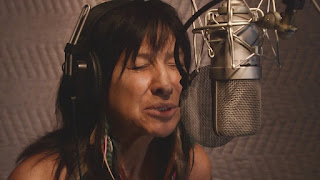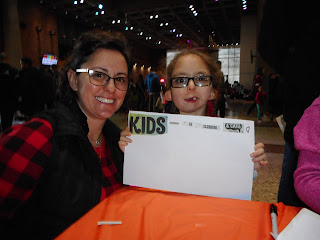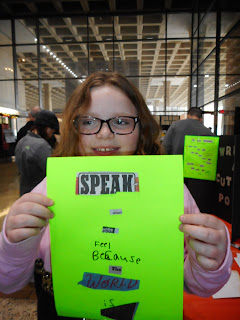TO FRIENDS at the DECADE'S END
Most dear, most dire, & every friend,
I hope this finds you at
year’s end,
and while I am no Ian Frazier
I've also not come here to haze yer
but send you to my
virtual me, no bot:
diane at dianekendig dot
com and dianekendig at blogspot.
For Gebhardts, Welsch, Lu and
clan,
Those brave Findlayites who ran
with me, like Donna, Dana, Carole, Phil
and former students, with me
still:
Laurel, Nick, Jen, Lisas, T,
and Jim,
Kris, Troy & Bryan, Matt,
& Kim,
Hendricksons, Rick, Joe, and
Ted,
Tina, Mary, Steph, Jay, and
Jed.
Now once again from my PHS days
I’m seeing friends and sending waves
to Ludwigs, Saylors, Kulls,
McGowan,
Kesslers, Gibson, Schade, &
how on
Earth! Here we have Virginia
Birks!
Crails, the Harveys, Motts—the
works:
Hayne, Burgett, three Lewis
grrrls,
in Antarctica, Peter, icy, whirls.
As Seals in Texas are
signing off,
to them my New Year’s cap I’ll
doff.
Then, for those who erred
and thought
I’d lost my head and I’d
forgot
My friends from days in Nicaragua,
here’s to those in and/or
from Managua:
Ellen, Julieta, Georgina, Fidel,
and
to my UCA “kids,” Noel!
(Danilo,Loyda, Marlyn, Marvin,
Walter,
Xenia, Jimmy, Ma Soledad, not
falter
naming Maceo, Ivania, not be
so silly
as to forget Adrian,
Elizabeth, & Lilly.
Who’ve I missed?—please add the rest,
and to your families, give
my best.
To 3 favorites, my goddaughters
holas! to you cross miles
and waters:
Nancy Juarez, so far from me, a
pity,
living as she does in
Guatemala City;
Kim & Ori, push come to shove,
I send you and all 3 families all
my love.
For my decade’s brand new friends,
I’m glad for you as this
year ends:
Phyllis Gorfain, Richards, ODAG,
spirited trio reincarnated with no lag.
The Jepsens, too, both Karen
& George,
she helped me through the
year to forge,
as did as my poets, the 8 Elevens,
who never blanch or say, “Oh
heavens”
when handed my last page
of errors.
Folks tough as quoins, unmoved by terrors.
Noting writers, here’s a great crew:
Chadborne, Starace, Goldstein,
Cat, too,
Trautman, Brightmans, Isaacs
(Skip),
Broncaccio, Lisella. An OPA
trip:
Abbott, Salman, & Scott. Now a
2-fer:
Russell Atkins, Kevin
Prufer,
With those two, say, Caryl
Pagel,
Poet, not the scholar of Hegel.
My great friends still sending cards!
(they’ve been arriving by
the yards)
greetings from Birds,
Binehams, Bay,
Urice, Ellis, Radsick, Thom
and hey,
I hope you had as great a holiday
as I, though I’m behind, I’m
slow
unlike timely Larson, Coulter,
Smith & Low.
Last
to Robbie’s canine buddies,
the energetic, the fuddy-duddies:
Pitsenbarger’s Fifi and Frito
(a bulldog stern-looking as Judge Alito),
then Elly at her window gives a shout
so Justin leashes, brings her out.
Here comes Sam along the way,
leads Larry, keyboardist for Triple Play,
and he's neighbor to the family Singos
with three kids, two mutts (not dingos):
Gina and Buddy, the stray who stayed here,
Rocky, Shadow, and two beagles who bay near.
I wish us the health & hope aplenty
we need as we enter 2020!
(And to any
dogs & guys & dames
who, reading
this, don’t find your names
and want to:
submit them as omissions
to be
included in future editions.)
diane & Robbie






































